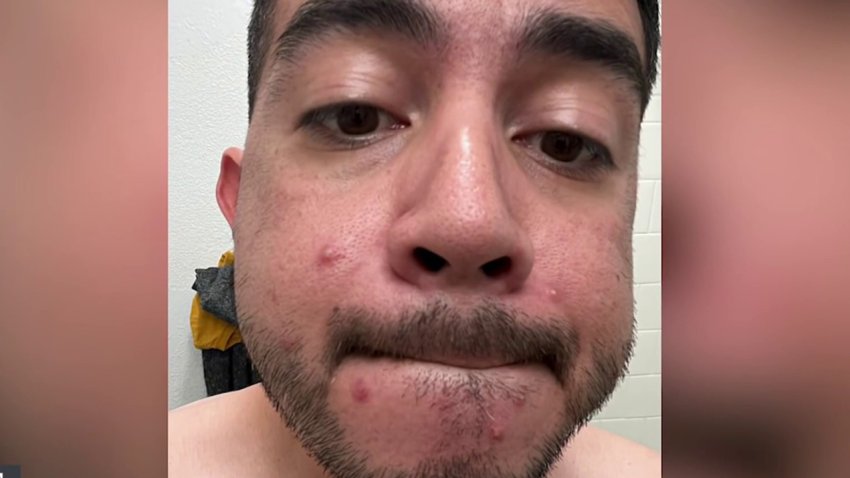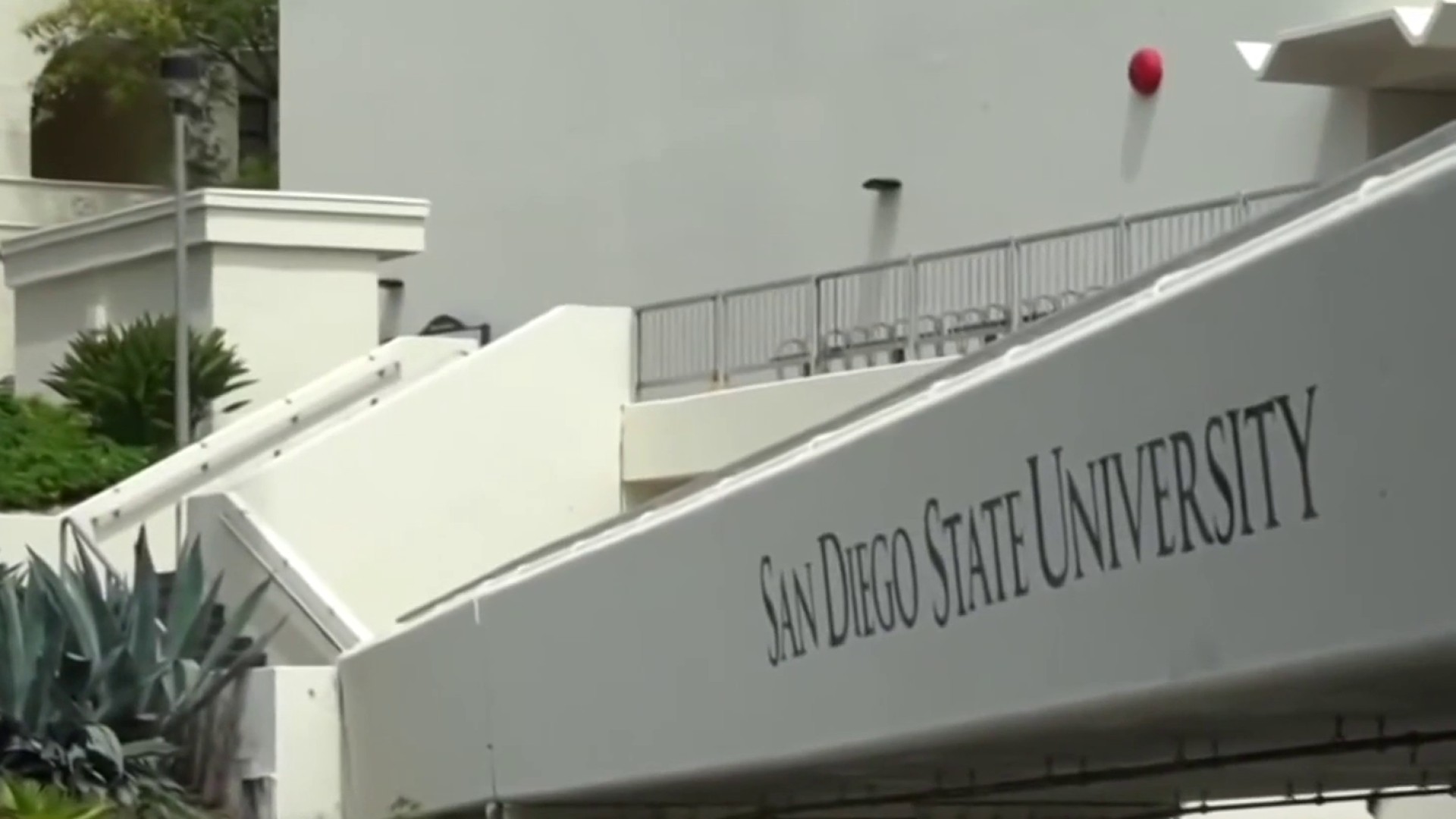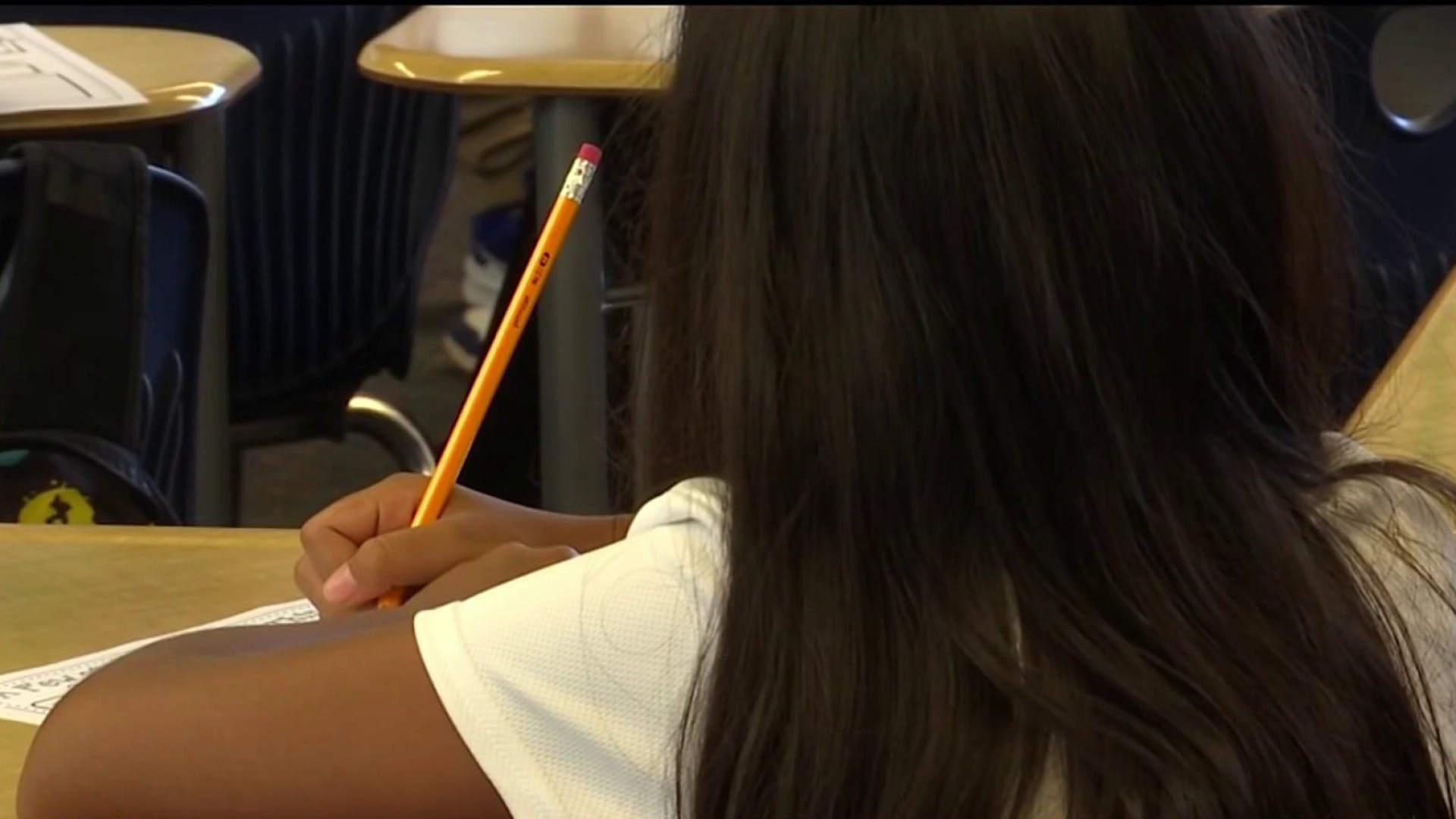San Diego County leaders are making moves to bolster vaccination efforts for monkeypox. NBC 7’s Melissa Adan has the story.
San Diego County is hosting a virtual town hall Thursday, Aug. 11, to share information about monkeypox and the local response.
San Diego County supervisors unanimously ratified a state of emergency Tuesday in response to the monkeypox outbreak in an attempt to bolster vaccination efforts.
The ratification follows a state declaration last week and will need to be ratified again every 30 days, as needed. The state of emergency declaration will allow the county to seek state assistance and use public health infrastructure for testing, contact tracing and case investigation.
Several dozen public speakers argued in opposition to the declaration, with arguments sometimes delving into conspiracy theories and homophobia.
Get top local stories in San Diego delivered to you every morning. Sign up for NBC San Diego's News Headlines newsletter.
Of 98 total cases as of Sunday reported throughout the county, all were male and 86 self-identified as gay or bisexual. While monkeypox has been spreading locally among the LGBTQ+ community, it is not isolated to that subgroup, according to health officials. Currently, the risk of contracting monkeypox for the public remains very low.
"At this time, monkeypox outbreaks are disproportionately impacting our LGBTQ community, but we know it can spread to others," Supervisor Nathan Fletcher said. "And it is vitally important that we not stigmatize any individual, that we not stigmatize any community, that we not cast any aspersions."
Local
The first case in the county was reported June 15. The virus has infected people ranging in age from 21 to 62.
Local leaders differentiated between the virus and COVID-19.
"The situation we face with monkeypox is fundamentally very different," Fletcher said. "We take it very seriously, but as I mentioned earlier it is exponentially less transmissible. We know more about it. We also have a vaccine at the start of it."

Since late May, the county has received 4,687 doses of monkeypox vaccine. Of those, 3,251 have been distributed -- including 1,550 in the past week -- and 2,267 have been administered. The actual number might be higher because it takes a few days for the vaccine registry to be updated.
The monkeypox vaccine is a two-dose series, administered 28 days apart. Following guidance from the California Department of Public Health, given the low supply of vaccine, the county is presently recommending that first doses be administered to as many eligible people as possible. One dose of the monkeypox vaccine is 80% effective, the county Health and Human Services Agency said. Second doses will be administered when more vaccine is available.
"Our goal is to get one dose into as many people's eligible arms as possible," said Dr. Wilma Wooten, county public health officer. "When we get more vaccine, we can start giving second doses for even higher efficacy."

Monkeypox is generally spread through intimate skin-to-skin contact, resulting from infectious rashes and scabs, though respiratory secretions and bodily fluids exchanged during extended physical episodes, such as sexual intercourse, can also lead to transmission, according to the U.S. Centers for Disease Control and Prevention.
Symptoms include fresh pimples, blisters, rashes, fever and fatigue. There is no specific treatment. People who have been infected with smallpox, or have been vaccinated for it, may have immunity to monkeypox.
According to health officials, the vaccine can prevent infection if given before or shortly after exposure to the virus.
San Diego County residents can receive information about monkeypox via text. Health officials are sending real-time information about the impact of monkeypox in the region along with details about available services. People can sign up to receive messages by texting COSD MONKEYPOX to 468-311.
The county updates its data on monkeypox every day at 4 p.m. here.



